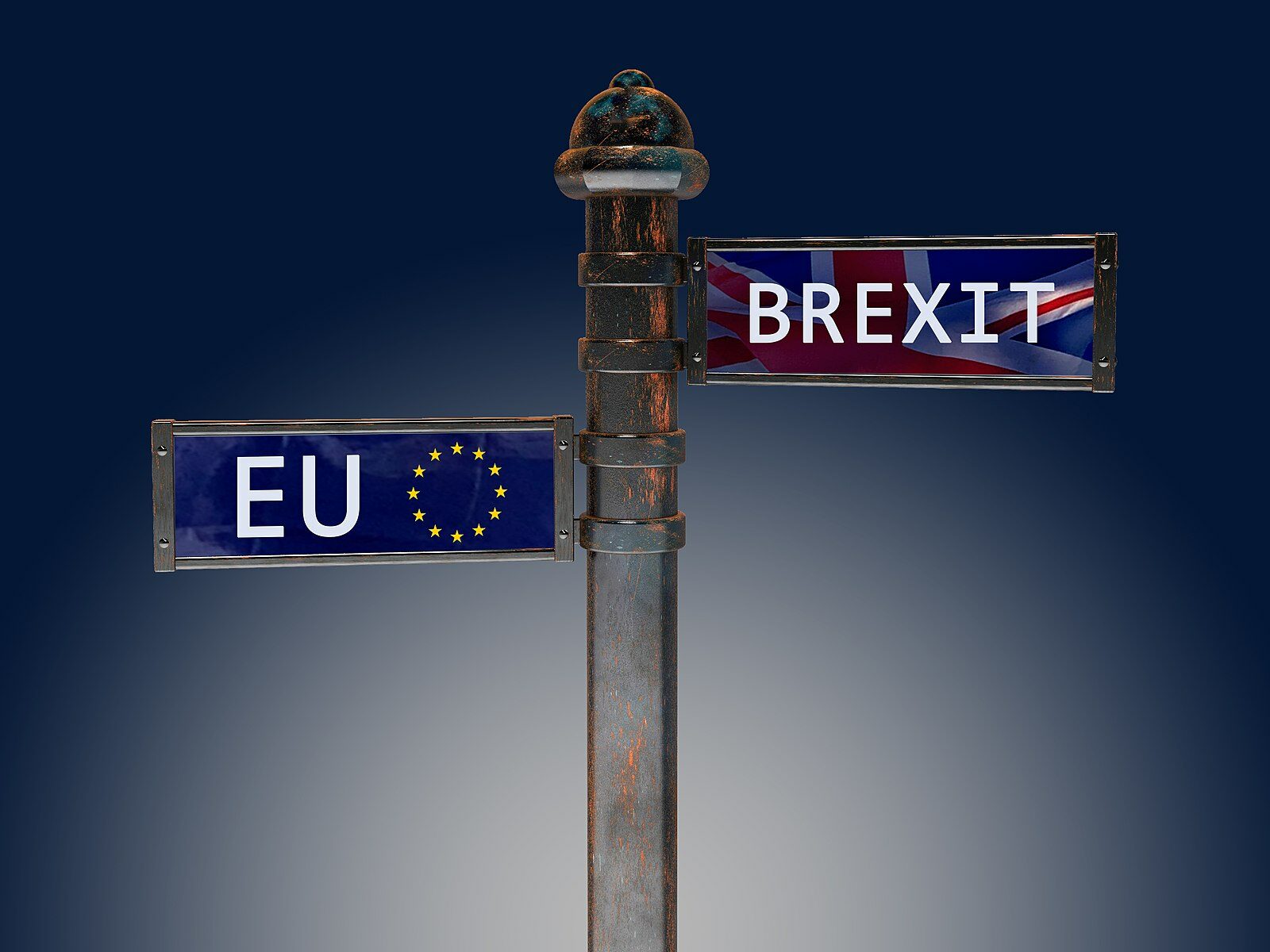By Alexandra Crabtree, 4th year political science undergraduate student at the University of Victoria
Surveillance has become an activity people choose to engage with. We surrender personal information without thought of consequences or broader societal implications. Entering a digital era, technology has become an inescapable feature of our lives requiring us to forfeit privacy liberties in exchange for access. We consent to engage because otherwise we are cut off from the benefits of this transformative era.
Political campaigning has always involved access to voter information. The ability to communicate and deliberate with the electorate is a crucial component of any democratic process. In order for a political party to operate, they have to know what the voters want. Yet as the recent Cambridge-Analytica scandal exposes, there is a fine line between democratic deliberation and data-driven campaigns built off of personal information. As free and fair elections are the bedrock of any democratic society, should big data play a role in campaigns?
Political parties create a “vital link between the citizen and the state” (ICO, 17). With the proliferation of social media and digital advertising, there has been a notable shift in the way parties interact with the electorate. Following the Brexit vote, debates have emerged over the use of data in political campaigns in the UK. By “microtargeting,” political parties can select certain demographics, locations, or behaviors to target with their campaign.
Following the Analytica scandal, the UK’s Information Commissioner’s Office (ICO) has released a series of recommendations to keep political processes transparent and lawful when using data analytics. The ICO calls for an “ethical pause” to allow parliament, regulators, and political parties the time to “reflect on their responsibilities in respect of the use of personal data in the era of big data, before there is a greater expansion in the use of new technologies” (ICO, 3).
The UK operates under significantly more regulated laws in terms of the harvesting and sharing of data than the US (under the General Data Protection Regulation). Yet, parties in the UK have significantly increased their investment in data-driven campaigning after seeing how effective it was in the 2015 general election. As Colin Bennett notes, “these practices are far less common in countries that have multi-party systems in elections based on proportional representation.”
Data-driven campaigns are far more effective in countries that operate under first-past-the-post voting systems because they typically result in two-party majorities. In which case, targeting and creating a campaign for a profiled electorate is much simpler. When there are multiple political parties, profiling the electorate is much harder to do because predictive analytics are less effective as there are a wider variety of interests.
In an era of populist parties and decaying democracy, regulating access to personal information is crucial. As seen in the 2016 US election, microtargeting enabled Trump to create and target a platform of specific groups. The ICO’s ethical pause gives regulators the opportunity to come up with effective data analytic campaign laws to prevent populist parties entering parliament through tailored campaigns.
BIBLIOGRAPHY
Bennett, Colin. 2018. Island Voices: Proportional Representation Isn’t All About the Data. November. Accessed 2019. https://www.timescolonist.com/opinion/op-ed/island-voices-proportional-representation-isn-t-all-about-the-data-1.23484578.
Lunden, Ingrid. 2018. UK’s Information Commissioner Will Fine Facebook the Maximum £500k Over Cambridge Analytica Breach. Accessed 2019. https://techcrunch.com/2018/07/10/uks-information-commissioner-will-fine-facebook-the-maximum-500k-over-cambridge-analytica-breach/.
Macintyre, Amber. 2018. United Kingdom: Data and Democracy in the UK. Accessed 2019. https://ourdataourselves.tacticaltech.org/posts/overview-uk/.
Nivens, Sergey. n.d. D: 486793459. Accessed 2019. https://www.shutterstock.com/image-photo/camera-keep-eye-on-woman-mixed-486793459?src=8e_s9a-UJALesvITvyZUkA-1-0.
Office, Information Commissioner’s. 2018. Democracy Disrupted? July. Accessed 2019. https://ico.org.uk/media/2259369/democracy-disrupted-110718.pdf.
Picture Credit: By Sergey Nivens



